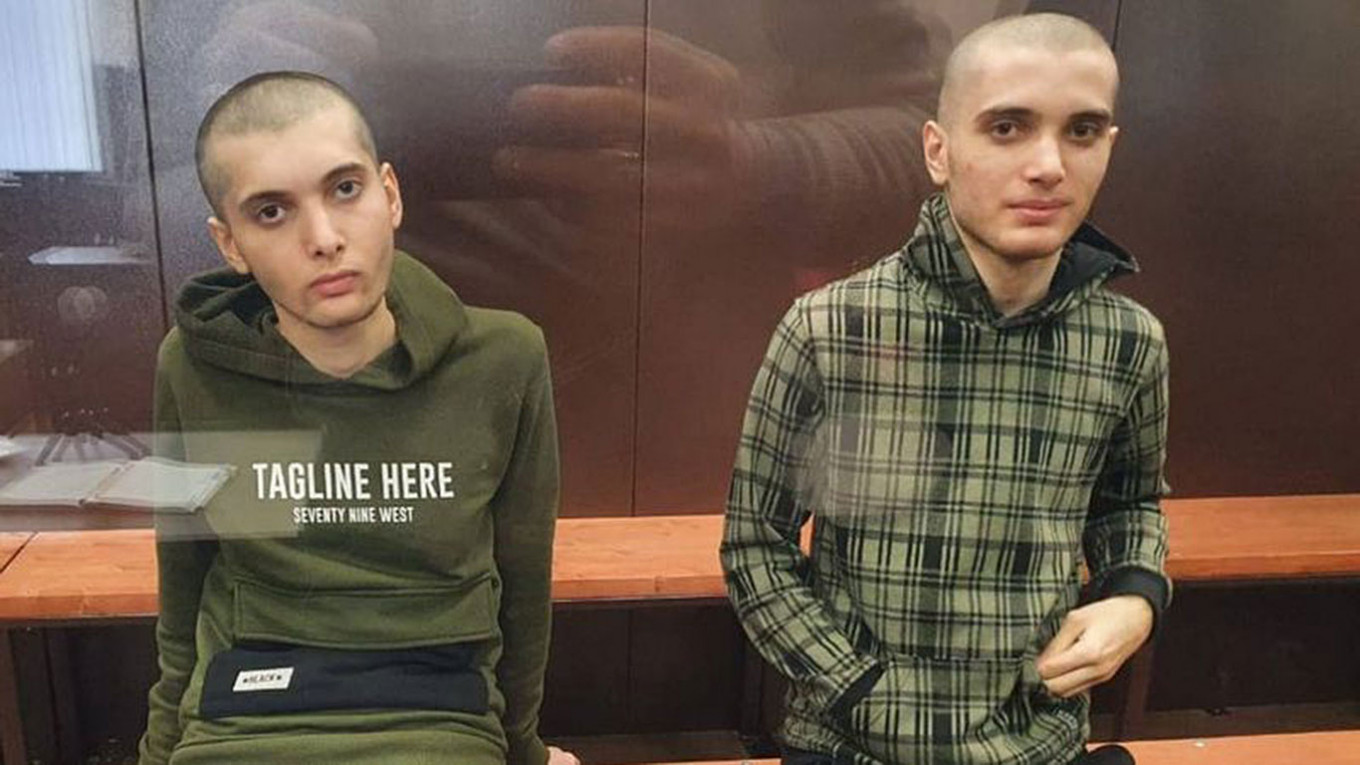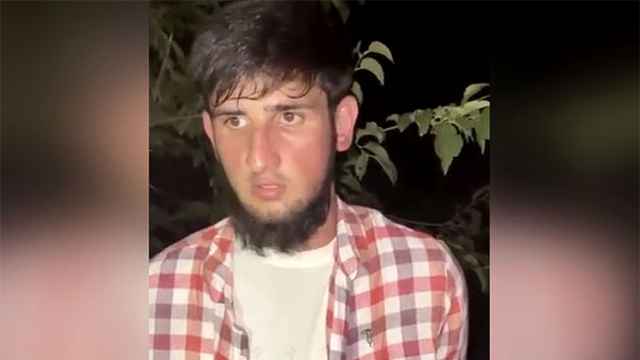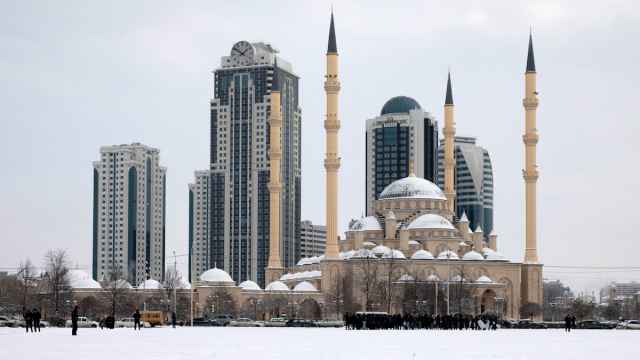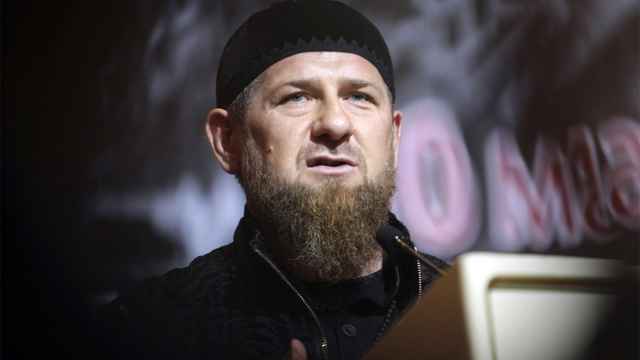A court in Russia’s republic of Chechnya has sentenced two LGBTQI siblings to lengthy prison terms after they were forcibly returned from western Russia, a verdict criticized by rights groups, the BBC's Russian service reported Tuesday.
Salekh Magamadov and Ismail Isayev fled from Chechnya to the city of Nizhny Novgorod near Moscow after they were allegedly persecuted and tortured for their sexual orientation in their home region. In February 2021, Chechen security forces forcibly returned them to Chechnya, where they were charged with providing aid to an illegal armed group.
Chechnya’s Achkoy-Martanovsky district court found the brothers guilty of the charges, BBC Russian reported.
Magamadov, 21, was sentenced to eight years (one year in prison and seven years in a strict-regime colony) and Isayev, 19, was sentenced to six years in a general-regime colony.
Investigators had accused Magamadov and Isayev of handing bread and tea to Chechen militant Rustam Borchashvili while he was in hiding.
The two siblings pleaded not guilty and maintain the case against them was fabricated due to their political views, atheism and sexual orientation.
They also claim that they were tortured and pressured to sign blank sheets of paper that were later turned into testimony.
Prosecutors had requested a sentence of 8.5 years for Magamadov and 6.5 years for Isayev. The charges carried a maximum sentence of 15 years.
The siblings’ lawyers plan to appeal the verdict.
In spring 2020, Magamadov and Isayev were arrested and tortured by Chechen special police for two months — officially for moderating an opposition Telegram channel but in reality because of their sexual orientation, the LGBT Network rights group said.
Magamadov and Isayev were granted state protection in 2021 due to the threat of “honor killings” by their relatives.
In an emailed statement to The Moscow Times, the Crisis Group NC SOS said the two ”would have already been killed in Chechnya” had it not been for the media attention they’ve received.
Crisis Group NC SOS spokesperson Miron Rozanov also argued that the case was “an attempt to legitimize the crimes that were committed against the brothers” and called the verdict “a crime against common sense.”
Amnesty International also called for the brothers' release in a statement this week.
Western countries and human rights advocates have condemned the Muslim-majority republic of Chechnya for its alleged mass persecution of LGBTQI people.
Chechen strongman Ramzan Kadyrov has rejected the claims, declaring that homosexuals don’t exist in Chechnya.
A Message from The Moscow Times:
Dear readers,
We are facing unprecedented challenges. Russia's Prosecutor General's Office has designated The Moscow Times as an "undesirable" organization, criminalizing our work and putting our staff at risk of prosecution. This follows our earlier unjust labeling as a "foreign agent."
These actions are direct attempts to silence independent journalism in Russia. The authorities claim our work "discredits the decisions of the Russian leadership." We see things differently: we strive to provide accurate, unbiased reporting on Russia.
We, the journalists of The Moscow Times, refuse to be silenced. But to continue our work, we need your help.
Your support, no matter how small, makes a world of difference. If you can, please support us monthly starting from just $2. It's quick to set up, and every contribution makes a significant impact.
By supporting The Moscow Times, you're defending open, independent journalism in the face of repression. Thank you for standing with us.
Remind me later.






